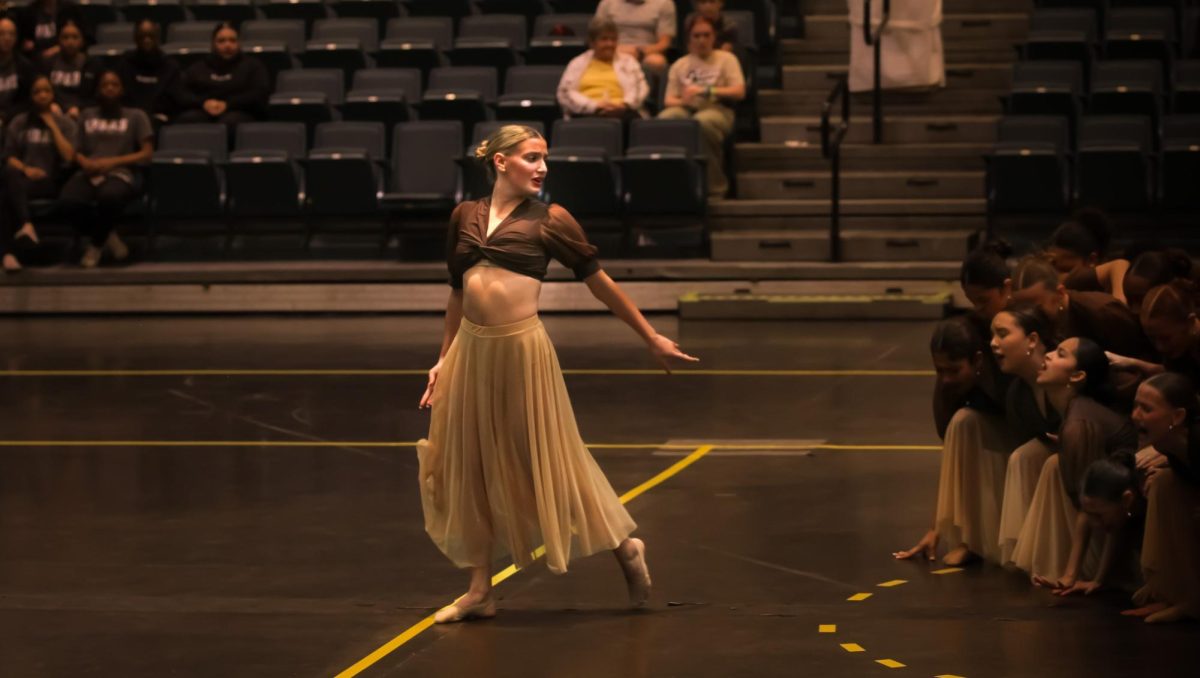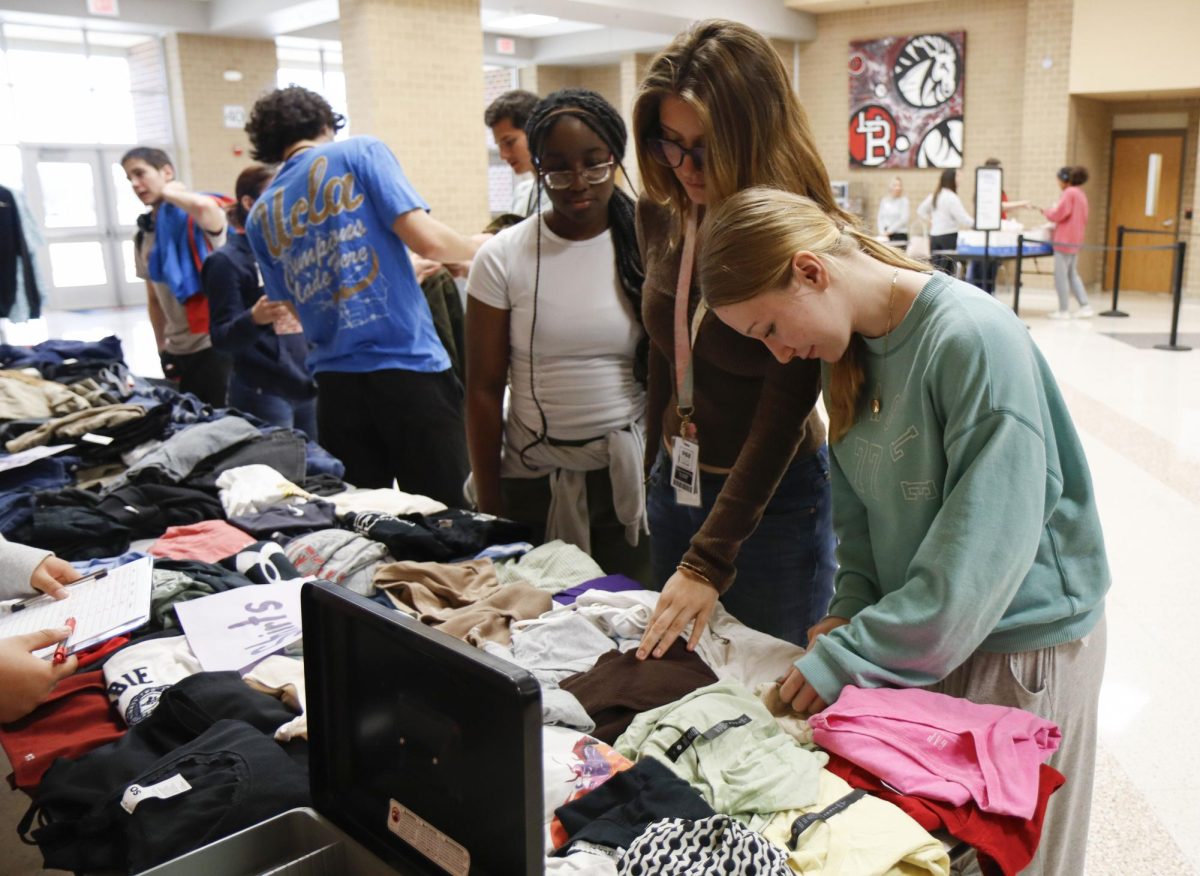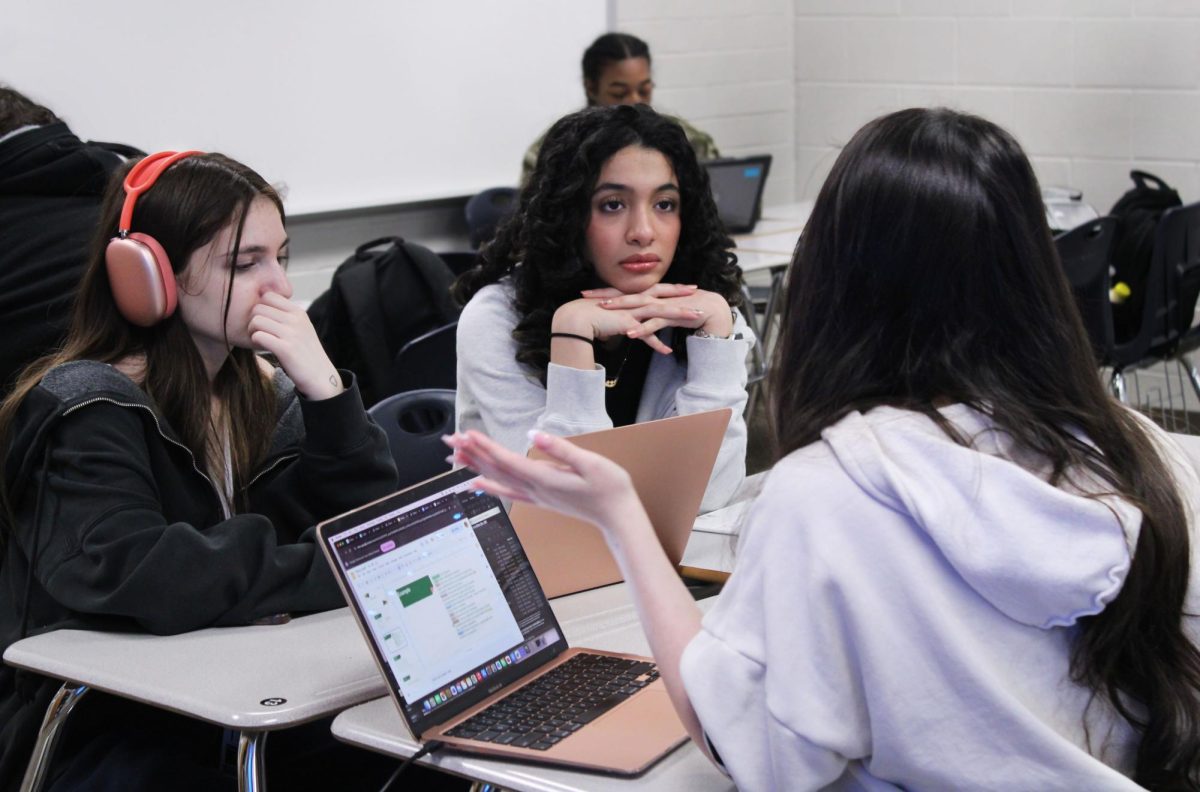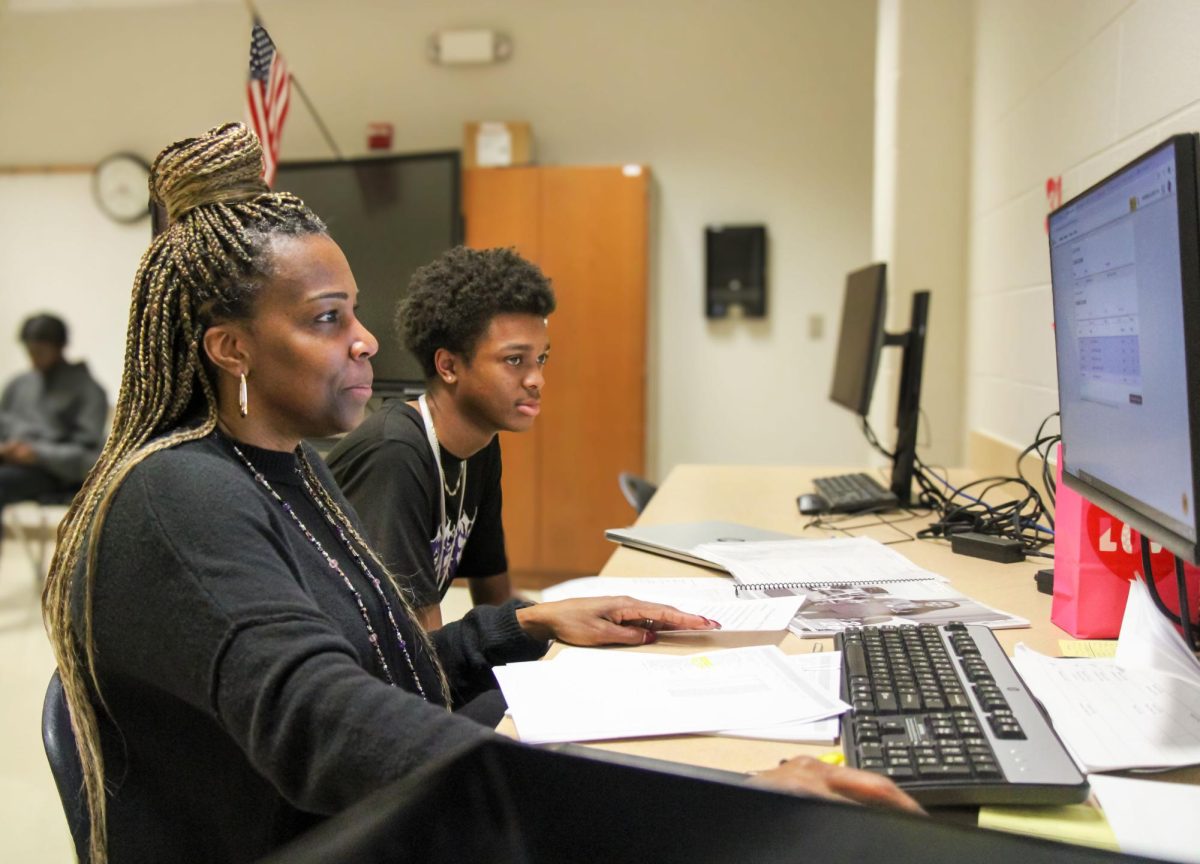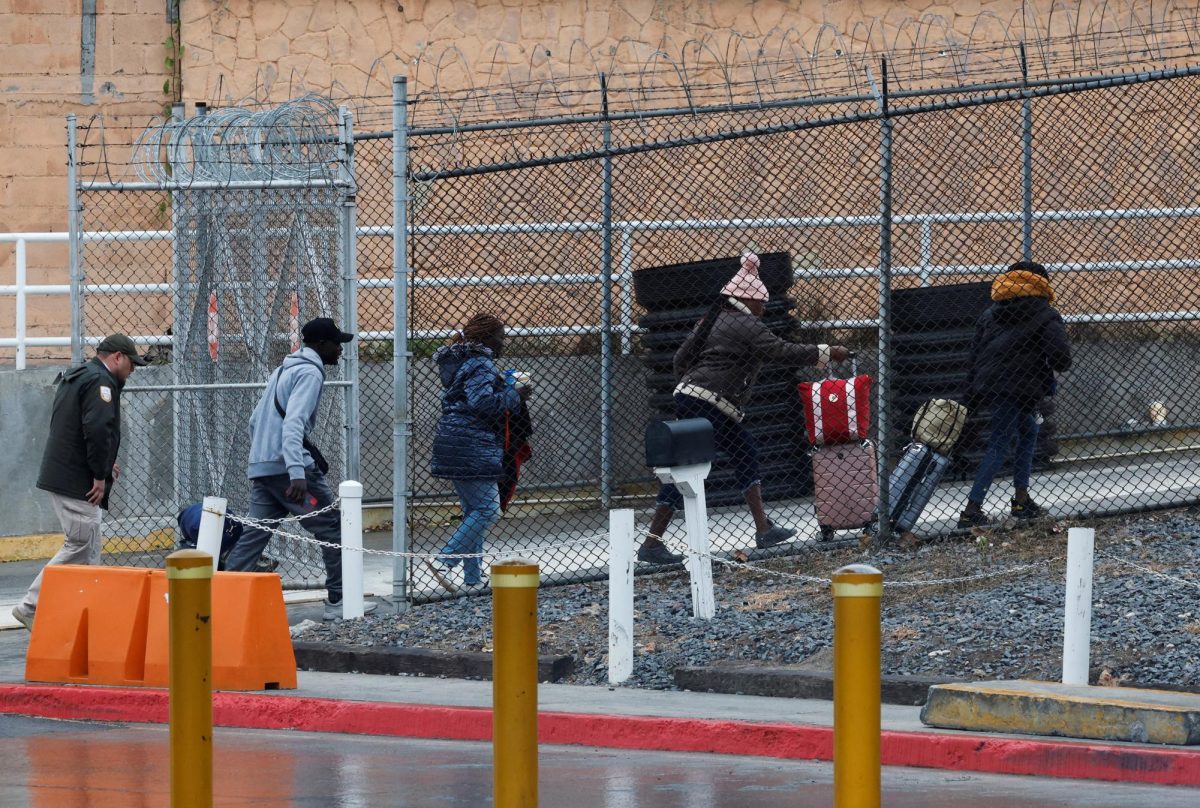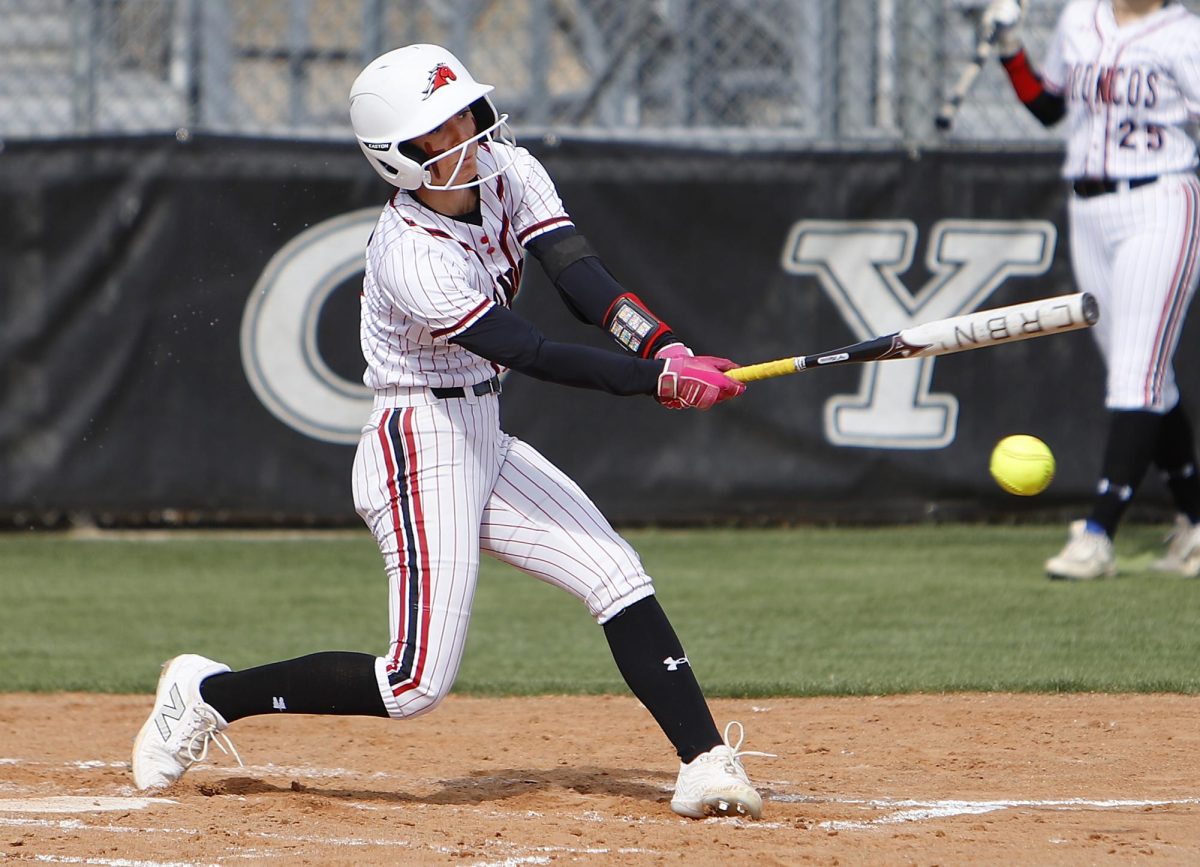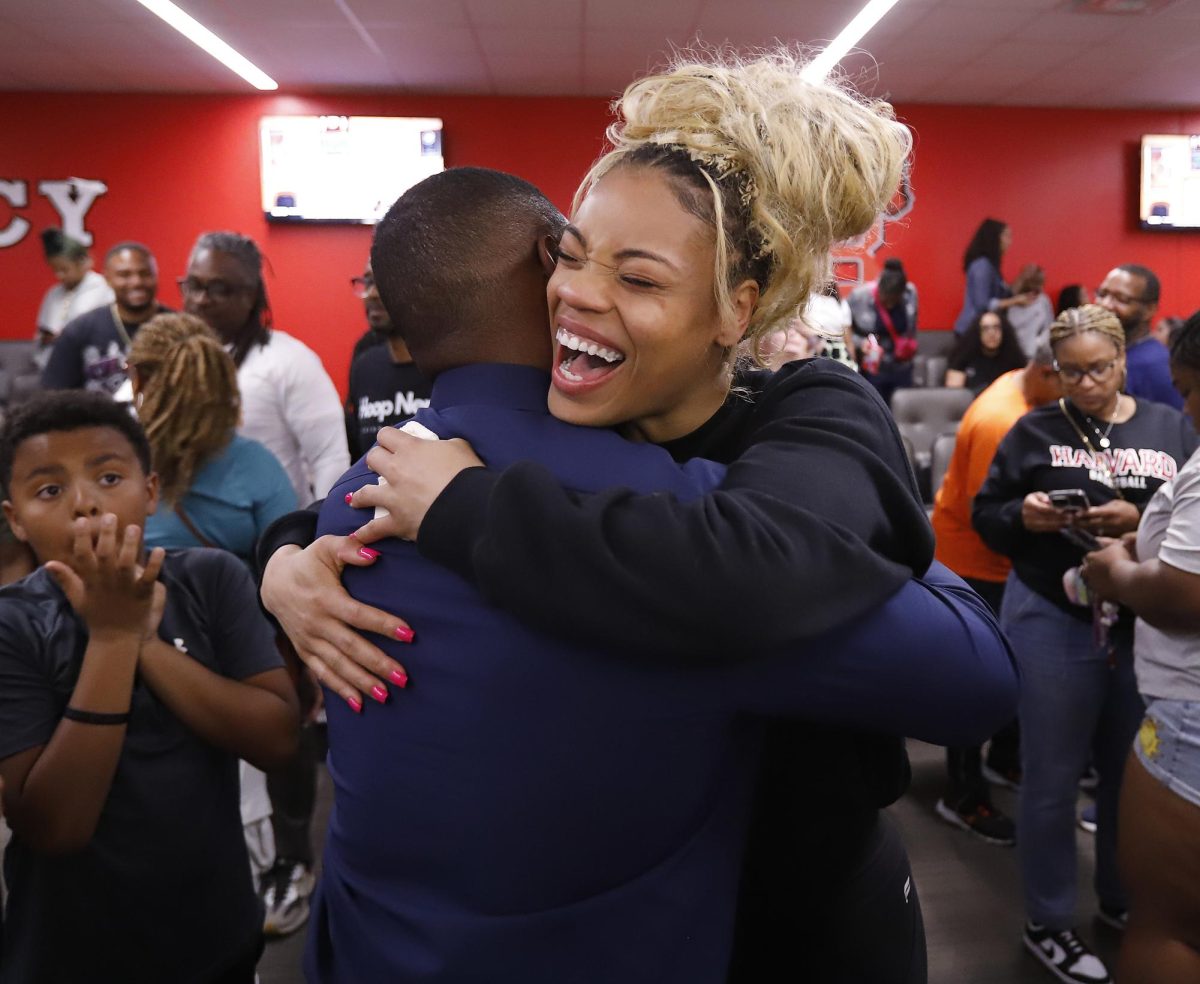Quickly becoming a phenomenon across the nation, “flipping classrooms” has been hailed by many principals as the place education is headed. Using videos at home to learn the lesson at hand, being able to work problems and possibly even homework in class allows teachers to give the students a more “hands-on” approach to any subject. This idea quickly grasped the attention of several people in the district believe this is the next move.
“It’s pretty amazing from what I’ve seen,” Academic Associate Principal Christine Englert said. “Being able to watch videos like Physics at night and sleeping on it, you can process it and talk about it in class the next day.”
Spending countless hours over the summer to find a new way to teach to his incoming students for the year, Physics teacher John Davis made different attempts to bring a new life to his classroom. Once Mrs. Englert sent an e-mail to the staff about the new concept, Mr. Davis knew this was what he was trying to accomplish. Giving the students the option to “rewind” their teacher in video allows them to be able to understand a topic more clearly, rather than being forced to move along with the teacher. If the students ever have a question, it could be brought up in class the next day to clear up any confusion.
“Working on problems and clearing up misconceptions [from the video] makes sense to me,” Mr. Davis said.
Mr. Davis has stated he had this idea for a long time, but never had the technological “know-how” to achieve it. Websites like www.khanacademy.org give him the opportunity to teach the way he prefers and can teach the way that makes sense to him the most.
“It doesn’t make sense that something makes so much sense and seems obvious isn’t the norm,” Mr. Davis said. “I’ve always thought something could be done.”
The new way of teaching gives students new advantages like being able to learn at their own pace, by watching a video over and over if need be to understand it more. Students have more in-class time to prepare for tests and quizzes with the teacher, rather than preparing at home without help. One problem with the program is that the student may lose responsiveness when they have a question while watching a video. Mrs. Englert believes the concept can be achievable.
“It’s such a good idea to have,” Mrs. Englert said. “This is where we’re headed.”
Click here to view Mr. Davis’ first ‘flipping education’ video.





